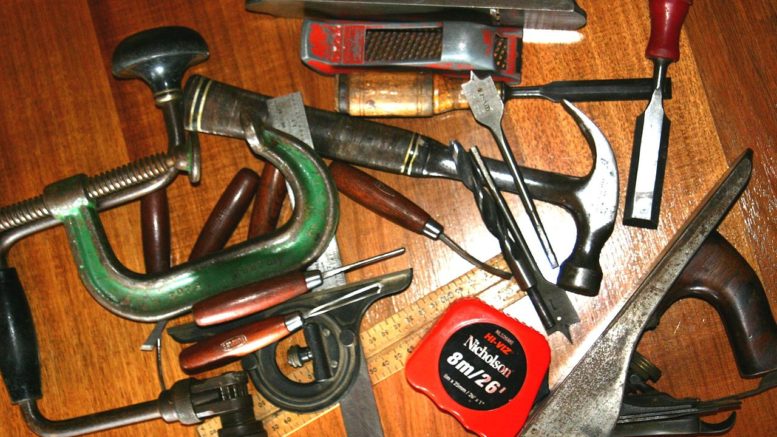If rent arrears are the biggest complaint landlords tend to have about tenants, repairs must be the tenants’ biggest complaint against landlords.
There are some landlords that do neglect repairs, either because they do not have the means to do them (very bad news if this is the case – responsible landlords always have a contingency fund for emergencies or maintenance) or because they don’t see them as important, but often, good landlords find themselves castigated for repairs which the tenant has neglected to tell them about.
Labour have promised that, if elected, they will take action to impose higher penalties, up to £100,000, for landlords who do not maintain their properties, though the standards they will seek to impose, are little different from those already enshrined in legislation.
Combating the tenants who do not know when a repair is needed, or when the landlord needs to be consulted because something isn’t quite right, is a challenge for any landlord.
Start with the tenancy agreement – make sure there is a clause regarding repairs – that the tenant must notify the landlord, preferably in writing, of any repairs that are needed or suspected. This doesn’t mean they will, but it does mean that should the local authority become involved, there is some defence if the tenant has not notified the landlord as he was required to do.
Inspect your void properties, but try and view them as a prospective tenant, perhaps one with a young child or elderly relative using a wheel-chair or a Zimmer frame. Is it fully accessible? Is the garden securely fenced, to keep children (and pets) safe? Do taps work? Are appliances you are providing in good working order and clean? Are carpets well-fitted and without frayed parts that could provide a trip-hazard? Are doors sound with good locks, do windows have locks on them? Are double-glazed units in good condition, opening easily, both for ventilation and to change the air?
Being sure that the property has no outstanding repair issues at the start of the tenancy should give you the confidence when a repair, whether real or imagined, is reported.
Listen to any repair reports and acknowledge what the tenant says. Be very careful what you say in response.
A recent case was a property where the tenant had concerns about brick pillars at the front of the house. The tenant, who had young children, felt that the perfectly stable pillars were unsafe. The landlord did not believe the children, or anyone, was at risk but chose to have the pillars removed. One would think this would settle the matter, but in fact the tenant still did not accept that the landlord had acted with complete integrity and not only involved the local authority but took every opportunity to raise the issue of the pillars.
Eventually the landlord, in exasperation, said that a pillar had not fallen, a pure statement of fact. However, this was then taken by the tenant as a sign of a poor attitude of a ‘Rogue’ landlord. Untrue, but distressing for the landlord, and as far as the tenant was concerned something else to tell the local authority.
Whether they can make anything of it is questionable, but it will be recorded, somewhere, to the detriment of the unlucky landlord.
Discuss repairs from the start. Stress your responsibilities and your commitment to fulfilling them. But make sure you do.
For advice on buy to let issues – General Knowledge









Be the first to comment on "Landlords and Rental Property Repairs"